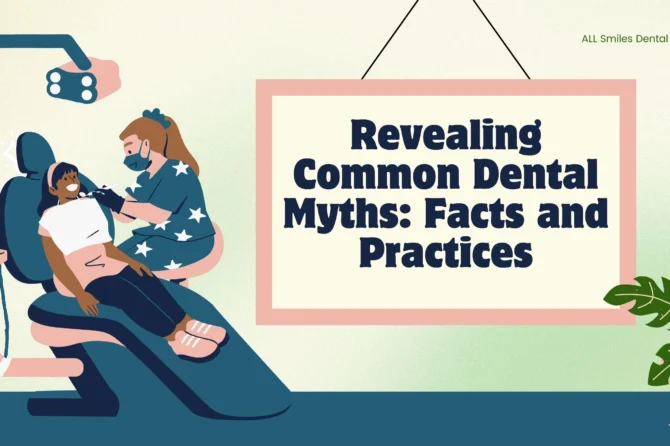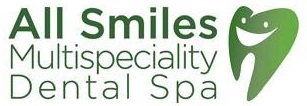
Revealing Common Dental Myths: Facts and Practices
In the realm of dental health, myths and misconceptions often overshadow facts, leading to confusion about the best practices for maintaining a healthy smile. Let’s debunk some common dental myths and offer practical advice for achieving optimal oral health.
Myth 1: Sugar is the Main Cause of Cavities
The Reality: While sugar can contribute to tooth decay, it’s not the sole culprit. The real cause of cavities is the bacteria in the mouth that feed on sugars and produce acids, which erode the tooth enamel.
Practical Advice: Limit sugary foods and drinks, and maintain good oral hygiene by brushing twice a day and flossing regularly. Consider using fluoride toothpaste to strengthen enamel and prevent cavities.
Myth 2: Harder Brushing Leads to Cleaner Teeth
The Reality: Brushing too hard can actually damage the enamel and gums, leading to sensitivity and other oral health issues. Gentle, circular motions with a soft-bristled brush are more effective at removing plaque and debris.
Practical Advice: Use a soft-bristled toothbrush and brush gently for two minutes, focusing on each tooth’s front, back, and chewing surfaces. Replace your toothbrush every three to four months or sooner if the bristles are frayed.
Myth 3: You Don’t Need to Visit a Dentist If You Don’t Have Any Dental Issues
The Reality: Regular dental check-ups are essential for maintaining oral health. Dentists can detect early signs of cavities, gum disease, and other dental problems that may not be apparent to you.
Practical Advice: Schedule regular dental check-ups and cleanings every six months, even if you’re not experiencing any issues. Prevention is key to avoiding costly and painful dental problems in the future.
Myth 4: Chewing Gum is a Good Substitute for Brushing
The Reality: While sugar-free gum can stimulate saliva production, which helps clean the mouth, it’s not a substitute for brushing and flossing. Gum does not remove plaque or food particles effectively.
Practical Advice: Chew sugar-free gum after meals to help freshen breath and stimulate saliva flow, but always brush and floss your teeth to remove plaque and debris.
Myth 5: Whitening Damages Your Teeth
The Reality: Professional teeth whitening, when done correctly, does not damage enamel or tooth structure. However, overuse of whitening products or improper application can lead to sensitivity and enamel erosion.
Practical Advice: Consult your dentist in Dubai, before starting any whitening treatment to ensure it’s safe for your teeth. Follow the instructions carefully and avoid overuse to prevent potential damage.
In conclusion, it’s important to separate fact from fiction when it comes to dental health. By understanding the truth behind common myths and following practical advice, you can maintain a healthy smile for years to come. Remember, regular dental check-ups and good oral hygiene habits are key to optimal oral health.
Leave a reply
Leave a reply